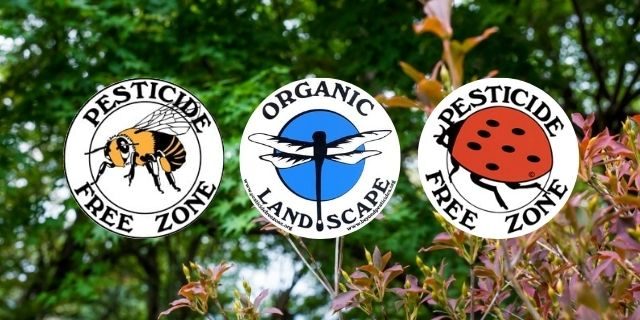22
Nov
Backyard Bird Counts Begin this Fall; Pledge Your Pollinator-Friendly Land

(Beyond Pesticides, November 22, 2021) It is the time of the year for backyard bird counts to begin. Birdwatching is the most popular form of amateur science. It takes little to get started. Birds are fun to watch and photogenic. Birdwatching may be practiced alone or in groups.
Birdwatching is also a way to participate in science, and you can do it from home. Cornell Lab of Ornithology collaborates with other organizations to gather data collected at feeders and elsewhere. Cornell Lab’s eBird is one of the world’s largest biodiversity-related science projects, with more than 100 million sightings reported annually. eBird and FeederWatch data document bird distribution, abundance, habitat use, and trends. According to Cornell Lab, “eBird data are stored across secure facilities, archived daily, and are freely accessible to anyone. eBird data have been used in hundreds of conservation decisions and peer-reviewed papers, thousands of student projects, and help inform bird research worldwide.” Data submitted to eBird are also used to support conservation measures.
If birds aren’t your favorites, all kinds of citizen science programs that ensure that conservation decisions are informed by the best available data, which is a fundamental challenge in the face of rapid global environmental change. They focus on all sorts of organisms, from birds to monarchs and other butterflies to frogs, not to mention water quality and weather. Besides making contributions to science, projects like these help people to protect biodiversity and the world around them.
More citizen scientists are urgently needed to combat threats to biodiversity, like the 3 billion bird decline documented by the Breeding Bird Survey. Documenting such threats—including the insect apocalypse, reproductive effects on amphibians, and other impacts on biodiversity—are an essential step in eliminating those threats.
Pledge your organic and pollinator-friendly acreage and sign the Pesticide-Free Declaration!
Become a citizen scientist. Use the links below to learn how you can participate:
- eBird or FeederWatch
- North American Breeding Bird Survey
- Christmas Bird Count
- Monarch Larvae Monitoring Project
- North American Butterfly Association
- North American Amphibian Monitoring Program
- FrogWatch USA
- Tracking Seasonal Changes in Plants and Animals
- Earth Echo Water Challenge Macroinvertebrate Add-on
- Community Collaborative Rain, Hail, and Snow NetworkGlobe at Night
- Citizen Science in National Parks
- National Geographic List of Citizen Science Projects
- U.S. Environmental Protection Agency List of Citizen Science Projects
This Thanksgiving, and every day, we are grateful for all you do to support the transition to a world free of toxic pesticides.










